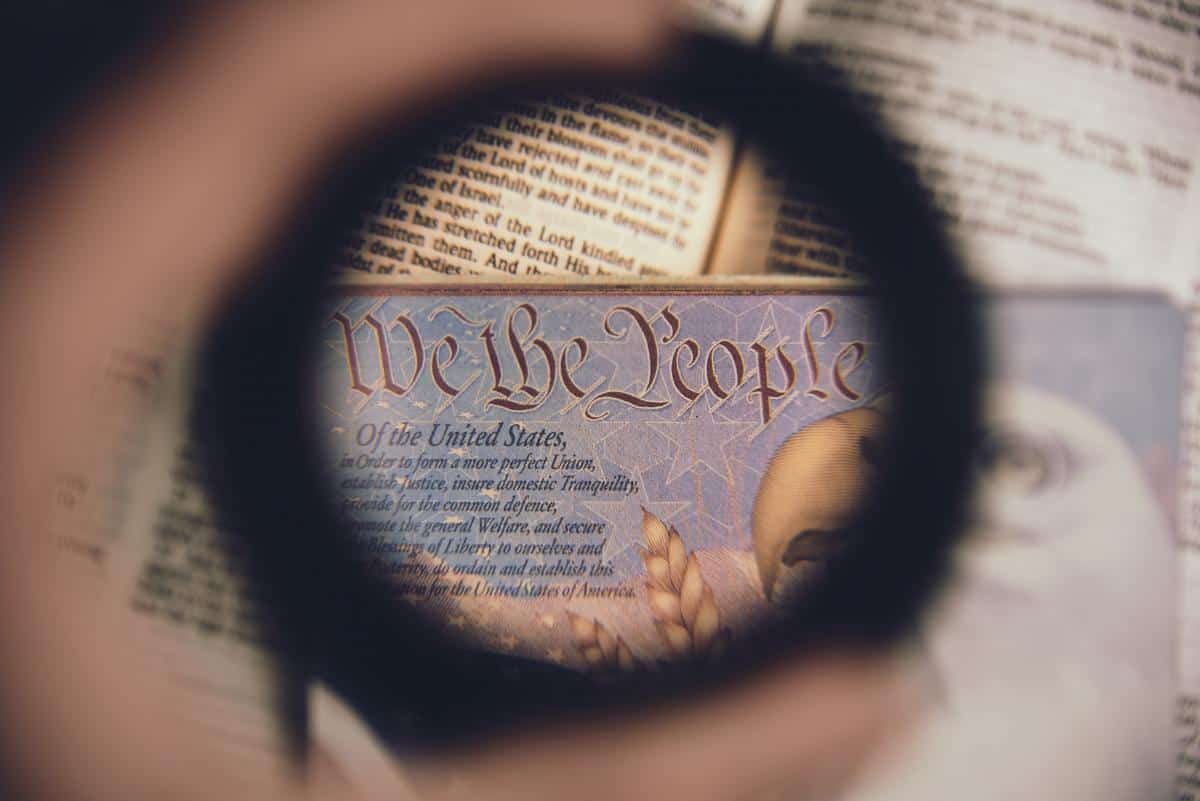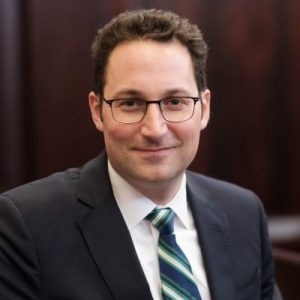Constitution Day 2018 – Understanding First Amendment Limitations

In honor of Constitution Day 2018 which was on September 17, Grand Rapids personal injury attorney, Tom Sinas, explains the First Amendment on Fox 17 Know the Law. This amendment protects our rights to freedom of speech, religion, and of the press, but is often misunderstood.
First Amendment – the Right to Free Speech
Here is a refresher on how the First Amendment is written, in honor of Constitution Day 2018:
“Congress shall make no law abridging the freedom of speech or the press, or the right of the people peaceably to assemble, or petition the government for redress of grievances.”
Maybe you read right past that first word, but the first word is key to the entire amendment – Congress. Congress shall make no law prohibiting free speech. The Bill of Rights is meant to limit the power government and doesn’t necessarily apply to private individuals. Many people often misunderstand or misrepresent this concept.
First Amendment and Constitutional Rights Violations
Those pursuing legal recourse for what they believe is an unlawful limitation on their freedom of speech do so through what is known as a constitutional rights violation claim. But in order to have a constitutional rights violation, you have to have a state action. This means the government was involved in this violation, not individuals. This applies to both federal and local and state governments.
Fox 17 Know the Law – First Amendment Limitations
Fox 17 Know the Law – Defamation Law | Libel & Slander
Exceptions – When the Government Can Limit Free Speech
There are a few exceptions. The courts have upheld that free speech is not completely unbounded and absolute. The government can limit the following types of speech:
- When it creates a clear and present danger. The kind of speech that inaccurately portrays a sense of urgency or danger when in reality there is none is called “clear and present danger” speech and it can be limited.
- Content-neutral speech. When applicable equally to everyone and not aimed toward a specific group of people or type of speech, the government can limit speech. This is known as content-neutral speech. For example, the city of Grand Rapids could legally limit the use of bullhorns after 10 pm to all residents.
- Libel/slander. When a person is harmed due to another person’s statement or writing, the courts have historically upheld their right to seek legal recourse.
If you believe your constitutional rights have been violated, we are happy to review your claim. Contact us today for a confidential, free case evaluation.


